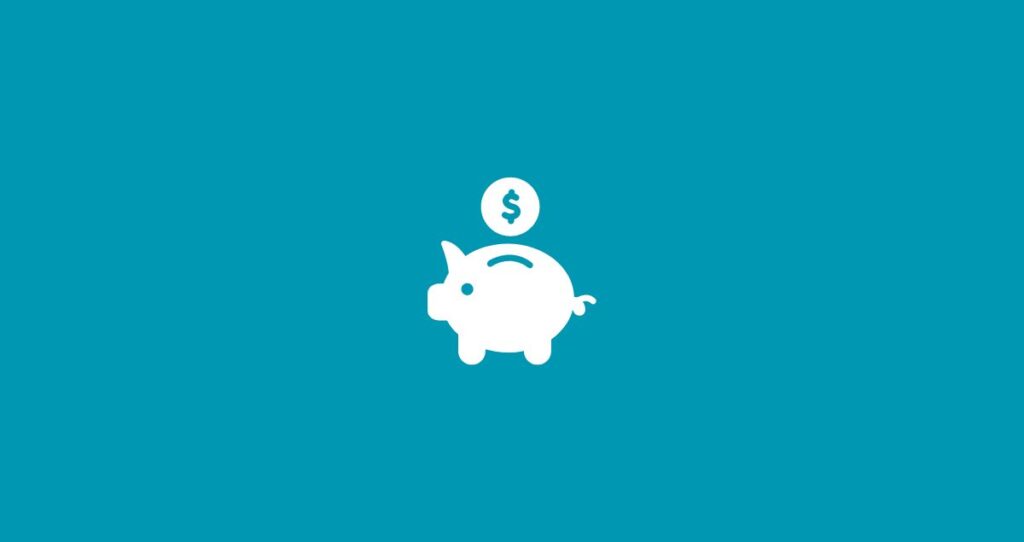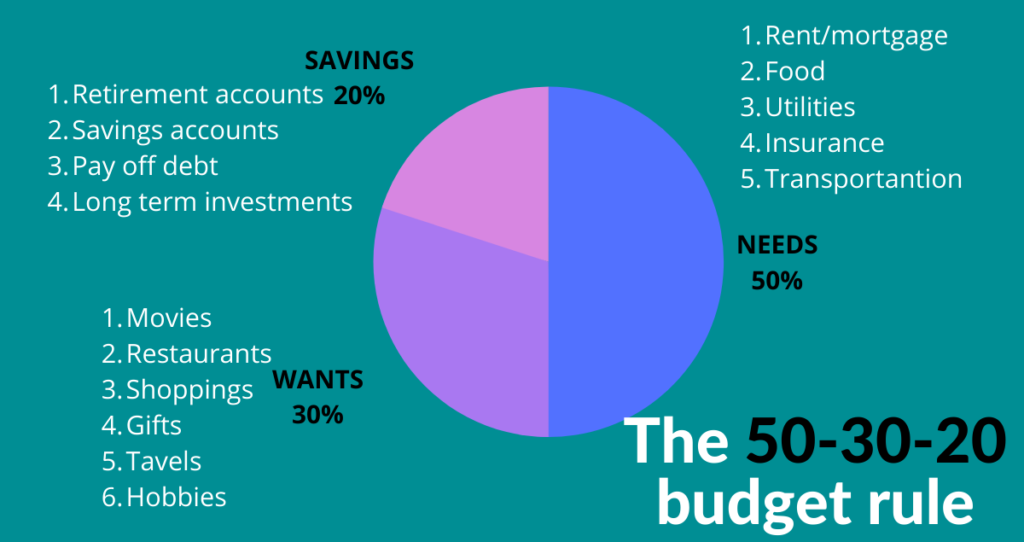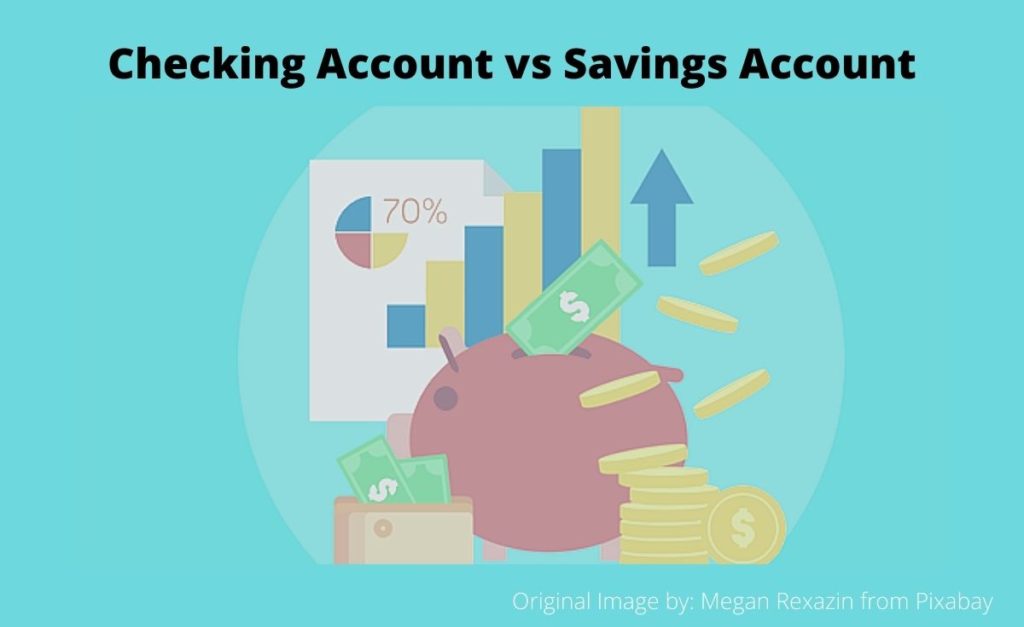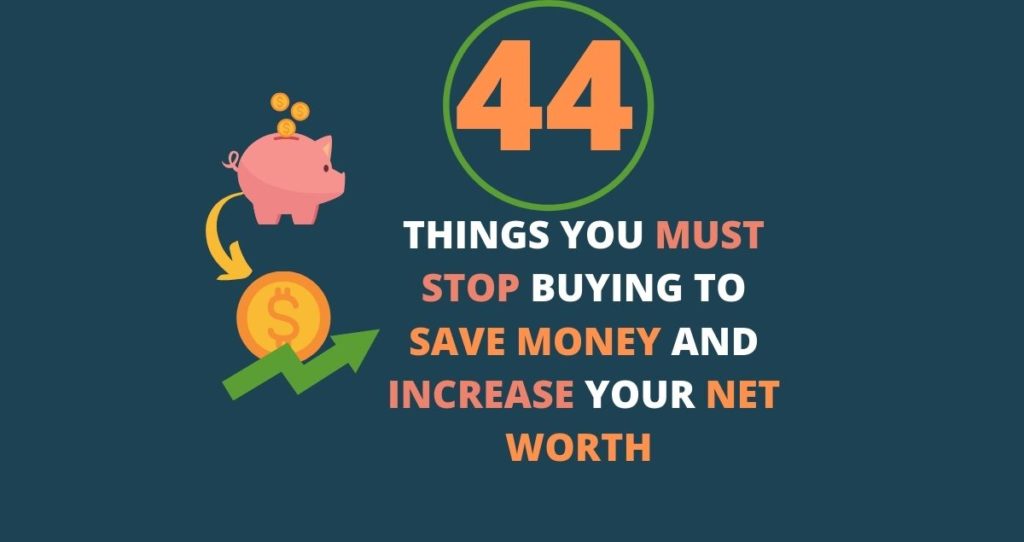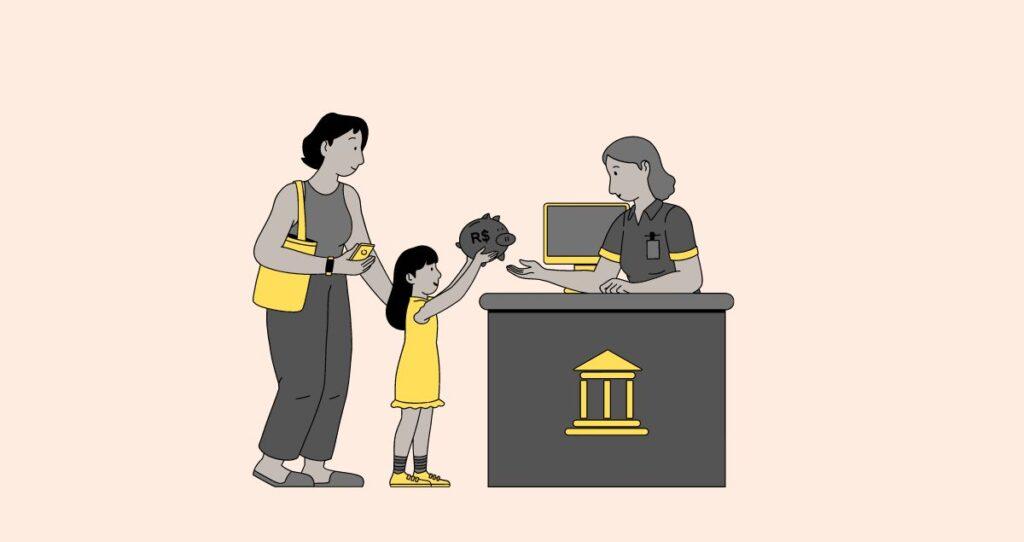Certificates of deposit or CDs for short are some of the safest investments you can find on the market. This is because CDs guarantee the safety of your money and offer a fixed interest rate over a period of time. If you are tired of earning a fraction of a point on your savings account, opening a CD account for a higher yield will be a great alternative. Knowing how to open a CD account, however, can be a daunting task if you are not familiar with how certificates of deposit work.
In this guide, we’ll walk you through everything you need to know about opening a CD account. We will cover important details such as where to open a CD account, documents that you need, types of CDs, and how to pick the right CD for your unique financial goals.
Understanding CD accounts
Before you open a CD account, it’s important to understand what it is and how it works. A certificate of deposit is a type of savings account that offers a fixed interest rate for a set period of time, ranging from a few months to several years. In exchange for leaving your money untouched for that period, you’ll earn a higher interest rate than you would with a regular savings account.
CD accounts are offered by banks and credit unions. Usually, online banks’ CDs come with higher annual percentage yields(APYs) compared to traditional banks. The Federal Deposit Insurance Company (FDIC) and the National Credit Union Administration(NCUA) insure CD accounts from certified banks and credit unions up to $250,000 per depositor and per account. For joint certificate of deposit accounts, the coverage goes to $500,000.
There are many different types of certificates of deposit accounts to choose from such as traditional CDs, Step-up/Bump-up CDs, Callable CDs, Jumbo CDs, etc. Each CD account comes with its own benefits and drawbacks.
Some accounts offer higher interest rates but require a larger deposit, while others may have lower rates but more flexibility in terms of deposit amounts and withdrawal penalties. For this reason, it’s important to open the right CD account for your specific financial goals and needs.
How to open a CD account?
Opening a CD account is simple and the process is similar to opening a savings account. The only difference is that you must choose your certificate of deposit type, and the terms of your CD, and more likely have a minimum deposit.
The following is a step-by-step guide to opening a CD account.
1. Choose the right CD account
The first and foremost important step in opening a certificate of deposit account is to find a CD that is right for you. When it comes to choosing the right CD account, however, there are many factors to consider. These factors are detailed below.
- Find banks and credit unions insured by FDIC or NCUA for credit unions. While you can open a CD from any institution, it is critical to open a CD account from a bank/credit union that is backed by FDIC or NCUA. This is because to balance low rates from certificate of deposits you need a guarantee of your investment.
- Compare interest rates. One important aspect to evaluate is the interest rate that comes with your CD. While a higher interest rate can be appealing, it’s important to take into account any fees or penalties associated with the account. Before deciding on a CD account, it’s crucial to shop around and compare CD rates from different banks. Online banks tend to offer CD rates. Also, do not focus on the actual interest rate. Instead, focus on the overall APY as it shows the overall return on investment. Don’t forget to check online banks as well.
- Compare early withdrawal fees. Even if you might not be planning to take the money out before your CD matures, it is important to open a CD account with a lower early withdrawal fee.
- Decide on the terms of the CD. The length of time you are willing to keep your money locked in the account is important before you open a CD account. Usually, terms range between one month to 5 years, and the longer the term, the more yield you earn on your certificate of deposit.
- Choose the CD type you want. There are many types of CD accounts and each comes with its own terms and conditions. The most popular certificates of deposit accounts include traditional CDs, Jumpo CDs, Step-up/Bump-up CDs, callable CDs, promotional CDs, Liquid/no-penalty CDs, Add-on CDs, and high-yield CDs.
- Compare minimum opening deposits. Depending on the CD account you want and the institution, you might be required to have a minimum deposit which can range between $0 to $10,000. But, Jumbo CDs usually come with a minimum deposit of at least $100,000.
Before deciding on a CD account, take the time to research and compare options to ensure you choose the account that aligns with your financial goals.
2. Open a CD account online or in-person
Once you have determined the type of CD account that fits your financial goals, you can move forward with opening the account either online or in person. Both options have their benefits, and the choice will depend on your personal preferences.
If you prefer the convenience of completing tasks from the comfort of your own home, an online application may be the way to go. Most financial institutions offer online applications that can be completed quickly and easily. All you need is an internet connection and the necessary information to open the account.
On the other hand, if you prefer a more personalized approach, visiting a bank or credit union in-person may be the better choice. This option allows you to ask any questions you may have and receive guidance from a representative who can walk you through the process step-by-step.
Keep in mind that you will need to provide personal information, verify your identity, and make a deposit. For this reason, a state-issued ID, proof of address, phone number, and social security number are crucial information you need to open a CD account.
You might also like: Is it good to have multiple bank accounts?
Note for opening a CD account at a credit union
Opening a CD account with a credit union requires that you first become a member. Credit unions have different membership requirements but they usually include having a savings account, living in a particular geographical area, making a donation to a non-profit organization, etc. By being a member of the union, you will technically be owning shares of the union and your ownership will depend on the size of your account.
CDs offered by credit unions are referred to as certificates or share certificates. Since credit unions are non-profits, members of the unions are usually considered part-owners. So, by buying CDs with credit unions, you become a part-owner of the union.
3. Decide the type of account you want to open
Before you open a CD account you will need to choose between a single and a joint account.
- Single CD account. Single means that the account will belong to you alone and will be insured for up to $250,000, according to FDIC.
- Joint CD account. A joint CD account means that the account is shared with someone who can legally withdraw money from the account such as a spouse. In this case, the coverage for your CD is limited to $500,000.
4. Maximize your CD account’s earnings
One of the most important steps in opening a CD is to maximize earnings from your investments. You can do this by using the following tips.
- Open a CD account with a higher interest rate. Generally, the longer the CD term, the higher the interest rate. So consider opting for a longer term if you don’t need immediate access to your funds. If you never had a CD with that bank, you might qualify for special CDs/promotional CDs where you earn as much as 5% APY or more.
- Choose a CD ladder. A CD ladder involves opening multiple CDs with different term lengths. By doing this, you can take advantage of higher interest rates on longer-term CDs while still having access to some of your funds in the shorter term. As each certificate of deposit matures, you can reinvest the funds into a new CD with a higher interest rate.
- Avoid early withdrawal penalties. While it may be tempting to withdraw funds before the maturity date, doing so can result in losing any interest earned and incurring a penalty fee. Plan accordingly and only invest funds that you won’t need access to for the duration of the CD term.
5. Make a deposit
This step is where you will decide how much money you need to deposit in your CD account and make the actual deposit. It is crucial to understand that after opening your CD account, you cannot deposit any more funds into the account.
You can deposit money into your CD account by linking the account to a bank account, giving the bank representative a check when opening your CD, mailing your check to the bank, or transferring money into your CD account.
After the account has been funded, you will need to sit tight and wait for the CD to mature. When your CD has matured, you can either renew it or cash out your deposit and accrued interest.
6. Decide when to disburse interest from your CD account
It’s important to have a plan in place for withdrawing your interest from a CD account. A common way to disburse interest is to wait until the certificate of deposit matures and withdraw everything or renew the CD. However, some banks might allow you to take out interest on a regular basis as a normal payment.
If you are serious about return on investment, keeping your money in the account will yield more due to the compounding interest effect.
7. Wait for the CD to mature
After opening a CD account, you will sit back and let time does its things. If you do need to withdraw funds early, it’s important to be aware of any penalties that may apply. Depending on the bank or credit union you’re using, penalties can vary, but they typically range from a certain number of months’ interest to a percentage of the total amount invested.
To avoid losing out on earnings and incurring penalties, it’s best to plan ahead for any potential financial needs and make sure you won’t need to access the funds in your CD account before the term is up.
CD account tips
The following are a few CD tips to consider if you want to maximize your return on investment.
- Shop around for the best rates and terms. Different banks and credit unions offer different rates and terms for their CD accounts, so it is important to do your research and compare offers before making a decision. You can also consider negotiating with your bank or credit union for a better rate or term.
- Ladder your CD investments. This means investing in multiple CDs with different maturity dates so that you have access to your funds at different times and can take advantage of higher rates offered for longer terms.
- Don’t invest more than the insured amount. For a single account, the insurance covers up to $250,000 while joint account the coverage is $500,000.
- Choose a long-term CD if you don’t need the money. Long-term CDs come with relatively higher rates.
- Don’t withdraw your funds early. Withdrawing money from your CD account usually triggers a penalty that could eat up most of your earnings or more.
- Take advantage of special CDs. Promotional CDs also known as special CDs come with a much higher APY. So, before you open an account check if they have these CDs to lock in a much higher rate.
- Reinvest your earnings or use them to fund another investment. This can help grow your savings and maximize your earnings over time.
How much money do you need to open a CD account?
When it comes to opening a CD account, one of the most significant considerations is the minimum deposit you need to begin with. Generally, different banks and credit unions will have varying minimum deposit requirements. Some institutions may allow you to open a CD account with as little as $500, while others may require a minimum deposit of $10,000 or more.
The type of certificate of deposit you are opening will also impact the required minimum deposit. For example, the typical minimum deposit for Jumbo CDs is $100,000 which is much higher than what traditional CDs require.
Keep in mind that the amount you deposit will also impact your earnings. Typically, the more money you deposit, the higher the interest rate you will receive. However, it’s crucial to assess your financial goals and determine how much money you can safely deposit without impacting your financial security.
Is it smart to put money in a CD?
The answer to this question will depend on your unique situation and financial goals. A CD is a type of investment account with a fixed term and interest rate. While it may provide a guaranteed return on your investment, it’s important to assess whether it aligns with your financial goals and needs.
Factors to consider when deciding if a CD is a smart investment option include your current financial situation, how much you can afford to deposit without jeopardizing your financial security, and your financial goals.
CDs are generally praised for their low risk and guaranteed returns, making them an attractive choice for those who prioritize stability over high returns. If you need more flexibility with your funds or anticipate needing access to your money before the end of the certificate of deposit term, however, a CD may not be the wisest investment option for you.
Additionally, if you want to earn higher rates, alternative investments to CDs such as Mutual funds, bonds, real estate, and stocks might be your best choices.
What is the disadvantage of having a CD?
CD accounts can be a great way to earn guaranteed returns without much risk. However, they may not be the perfect investment option for everyone. One primary disadvantage of having a CD is the lack of flexibility. CDs usually have a fixed term, which means that once you lock in your funds, you can’t access them until the term ends.
This lack of flexibility can be a problem if you need access to your funds before the CD term ends. If you withdraw your funds early, you may have to pay a penalty, which can eat into your returns.
Additionally, the interest rate on a certificate of deposit may not keep up with inflation. This means that even though you’re earning a guaranteed return, your money may be losing value.
Related: Pros and cons of investing in CDs
Can a CD lose value?
The primary appeal of a certificate of deposit is its stability – you know exactly how much interest you will earn and when you’ll receive it. This makes CDs some of the safest investments available. Generally speaking, CDs do not lose value as they do not fluctuate as stocks do.
But, there are instances where you could lose money on your CDs. For example, if you purchase non-insured CDs such as broker-issued CDs, deposit more than the insured limit, or make an early withdrawal, then you might lose money on your CD investment.
Additionally, if interest rates rise during your CD term, you could miss out on potentially higher rates.
However, it’s important to note that these risks are inherent in any fixed-term investment. And while a CD may lose value in certain circumstances, they remain a low-risk investment option. As long as you’re aware of the terms and conditions of the CD you choose, you can rest easy knowing your funds are safe and secure.
Do you pay taxes on a CD?
While certificates of deposit are a relatively safe investment option, many investors wonder whether they are liable to pay taxes on their earnings. The short answer is yes CD income is taxable. According to Forbes, the interest earned on a CD is taxed as ordinary income based on your tax bracket and filing status. Income tax rates usually range between 10% to 37%.
Just like an ordinary income, the more interest you earn from your certificate of deposit, the more you’ll owe in taxes. Therefore, it’s important to factor in taxes when calculating your potential earnings from a CD.
How long can I leave my money on a CD?
If you’re considering opening a CD account, one of the most common questions you may have is how long to leave your money in the account before it matures. Generally, CDs have a variety of time frames to choose from, ranging from a few months to several years. The longer the term, the higher the interest rate, but the less flexible the account becomes.
After opening a CD account, you will need to leave your money in the account until it matures. For example, if you have a 12-month CD, for example, you won’t be able to withdraw the money until after 12 months. Withdrawing the money early will trigger an early withdrawal penalty based on your CD terms.
For this reason, it is important to carefully consider your financial goals and needs before choosing a CD term. If you are saving for a short-term financial goal such as a vacation or down payment on a home, open a short-term certificate of deposit. For long-term savings goals such as retirement where you don’t need access to your funds for several years, a longer-term CD may be the best option for you.
How many bank accounts should I have?
When it comes to managing your finances, it’s important to find the right balance between convenience and security. While opening multiple bank accounts can give you more options for storing and accessing your money, it can also increase the risk of fraud and make it harder to keep track of your transactions.
If you’re thinking about opening a CD account, you might be wondering whether it makes sense to have multiple accounts at the same bank or at different institutions. The answer, as with many financial decisions, depends on your individual goals and needs.
For example, if you’re saving for a specific short-term goal, like a vacation or down payment on a house, you might consider opening a high-yield savings account in addition to a CD. This could give you more flexibility to access your funds without penalty while still earning a competitive interest rate.
On the other hand, if you’re looking to maximize your long-term savings and earn the highest possible interest rate, it might make sense to open a CD ladder. CD laddering means opening multiple CDs with different maturity dates. This strategy can help you take advantage of rising interest rates over time without tying up all your funds in a single long-term CD.
It is also essential to have a checking account that allows you to make daily purchases, money transfers, and deposits.
Do banks check credit to open a CD account?
Generally, banks do not check your credit when you open a CD account because you are not seeking credit from them. A CD account is a savings product that allows you to earn interest on your deposit over a fixed term.
However, some banks may perform a soft credit check, which does not affect your credit score, to verify your identity and confirm that you have no history of fraud. This type of check is a routine procedure and should not deter you from opening a CD account.
It’s essential to note that if you apply for a loan or credit card from the same bank, they will perform a hard credit check. This check will result in a hard inquiry on your credit report and affect your credit score.
Is it better to open a CD account at a bank or credit union?
Banks and credit unions are two popular choices to open CD accounts, but which is best for you? It ultimately depends on what you prioritize as the account holder. While there are some banks that might offer higher rates than credit unions and vice-versa, neither banks nor credit unions offer higher rates than the other group. According to Investopedia, the CD rates will differ from one institution to another.
Opening a CD account at a bank
Banks may offer a wider variety of CD options, including longer terms and higher minimum deposits. On the downside, some banks may have stricter requirements for opening a CD account, such as requiring a higher minimum deposit or charging fees for early withdrawal.
Opening a CD account at a credit union
Credit unions, on the other hand, are known for their customer service and community involvement. Some credit unions may offer higher interest rates on CDs than banks, according to the balance. However, this difference in rates can vary depending on the credit union and the local market. Credit unions may also have more lenient requirements for opening a CD account, but this can also vary depending on the institution.
What is important to understand when choosing a certificate of deposit is that most CDs offered by banks and credit unions are insured up to a certain limit. CD accounts from banks are insured by the Federal Deposit Insurance Corporation(FDIC) while CD accounts from credit unions are insured by the National Credit Union Administration(NCUA).
Additionally, evaluate the individual rate from your specific institutions compared to its competitors. You should also keep in mind that CDs from banks and credit unions work the same way.
What happens to my CD if a bank fails?
When opening a CD account, one concern that may come to mind is what happens to your deposit if the bank were to fail. It’s important to note that CD accounts are FDIC insured up to $250,000 per account holder per institution. This means that in the event of a bank failure, the government would guarantee your deposit up to that amount.
However, it’s still important to consider the health and stability of the bank or credit union you choose to open a CD with. While FDIC insurance provides a safety net, it can still be a hassle to deal with the aftermath of a bank failure and potentially lose access to your money for a period of time.
To minimize this risk, consider researching the financial health and ratings of the institution you’re considering. Look for banks or credit unions with a reputation for stability and strong financials. This can help give you peace of mind when opening a CD account.
